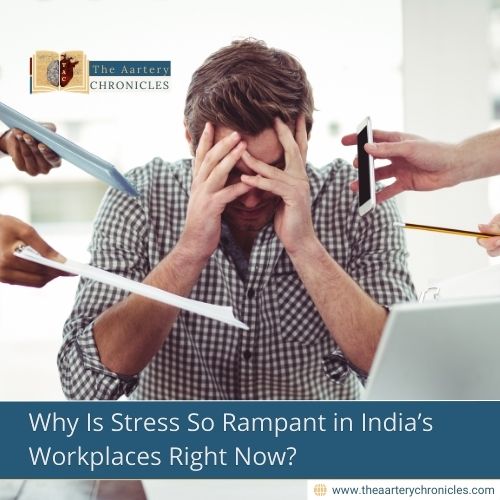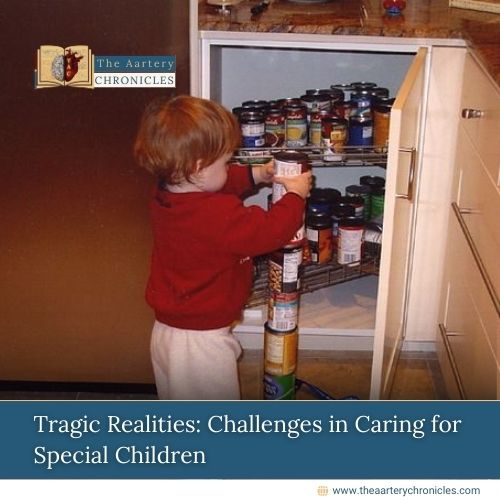

Why Is Stress So Rampant in India’s Workplaces Right Now?
A recent survey has found that anxiety and stress-related concerns make up nearly 50% of all mental health consultations in India, highlighting a growing mental health crisis among working professionals, especially those between the ages of 20 and 40.
Anxiety and Stress on the Rise
According to the study, 32.28% of all mental health consultations were related to anxiety, followed by 17.15% linked to stress. Together, these issues form the bulk of psychological challenges faced by individuals in the country today.
The survey was based on data from 2,400 mental health consultations conducted by expert psychologists. It covered a wide age range and included both men and women.
Young Professionals Most Affected
The findings suggest that young adults, particularly Gen Z (born 1997–2012) and millennials, are most vulnerable to mental health issues related to career pressures, financial challenges, and digital overload.
- Young men often reported feelings of burnout caused by workplace demands and societal expectations.
- Young women were more affected by financial uncertainty and the constant need for social approval, partly driven by social media exposure.
- Both genders also reported relationship problems and body image concerns as major stressors.
Millennials Facing Work-Life Imbalance
For millennials, the stress often stems from trying to balance career growth with personal goals, leading to chronic fatigue and emotional exhaustion. The report found that:
- Constant digital connectivity leads to burnout, as people struggle to separate work from personal life.
- Economic uncertainty increases anxiety about job stability and financial planning.
- Women in this group face additional pressure managing career and family responsibilities, which can take a toll on both their physical and mental health.
Impact of Social Media
Social media continues to play a major role in worsening mental health. It creates a culture of comparison, where individuals feel pressured to meet unrealistic expectations, often leading to emotional distress.
Gender Differences in Mental Health Patterns
The study also identified differences in how men and women experience and report mental health issues:
- Men reported slightly higher anxiety levels (16.95%) than women (15.20%).
- Women, on the other hand, showed higher stress levels (9.11% compared to 7.97% in men).
- Depression affected both genders almost equally (2.48% in men vs. 2.44% in women).
These differences suggest that men and women may respond differently to stress and emotional challenges, requiring tailored support strategies.
Expert View: Lack of Coping Skills a Major Barrier
Dr. Gowri Kulkarni, Head of Medical Operations at MediBuddy, explained that many young individuals lack exposure to effective coping techniques, making it difficult to manage the pressures of modern life.
“Emotional stress and anxiety are silent struggles that deeply affect productivity, relationships, and quality of life,” said Dr. Kulkarni.
“We need early intervention, regular mental health screenings, and access to therapy to help people develop better-coping mechanisms.”
Call for Mental Health Support at Work
The study calls for stronger mental health support in workplaces, especially for young professionals. Recommended steps include:
- Stress management programs
- Digital detox initiatives
- Regular access to mental health counselling
These measures can help employees handle pressure more effectively and create a healthier, more balanced work culture.
Conclusion
The growing number of anxiety and stress-related issues among India’s young workforce is a wake-up call. With nearly half of all consultations related to these concerns, it is clear that mental well-being must be made a priority both by individuals and organisations. Providing support, promoting awareness, and enabling access to mental health resources can pave the way for a more resilient and emotionally healthy population.
Source: Inputs from various media Sources

Priya Bairagi
Reviewed by Dr Aarti Nehra (MBBS, MMST)
I’m a pharmacist with a strong background in health sciences. I hold a BSc from Delhi University and a pharmacy degree from PDM University. I write articles and daily health news while interviewing doctors to bring you the latest insights. In my free time, you’ll find me at the gym or lost in a sci-fi novel.








